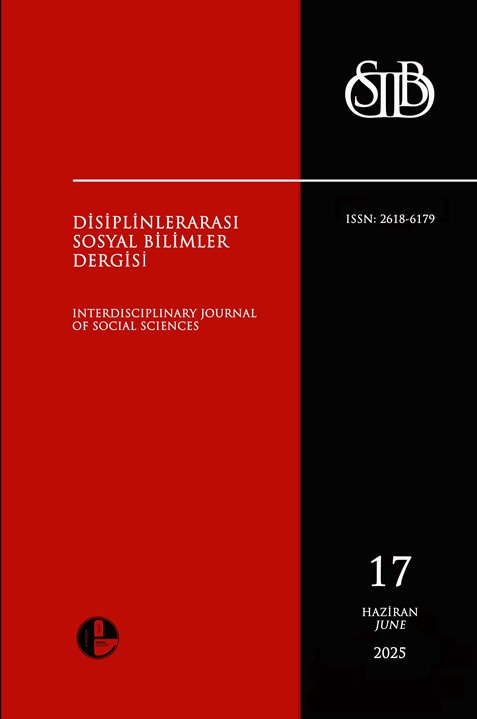Michel Henry’de Öz-Görünüş
DOI:
https://doi.org/10.5281/zenodo.15722998Keywords:
Henry, orientation, appearance, absolute knowing, real, thing-in-itselfAbstract
The goal of this article is to identify possible connections between Michel Henry's concept of self-appearance and the philosophies of Hegel, Lacan and Kant. Henry critiques intentionality, one of the main concepts and methods of phenomenology, and argues that appearance is not only the appearance of phenomenal objects but also, and at a much more fundamental level, a self-appearance. Self-appearance is included in and exists in “life”, which is the medium of auto-affection. But as the pure form of appearance, the essential characteristic of self-appearance is its invisibility. The paradox presented by the concept of self-appearance, which makes all appearances possible but is itself deprived of or void of visibility, leads us to clarify its connections with concepts such as Hegel's “Absolute Knowing”, Lacan's “Real” or Kant's “thing-in-itself”.
Downloads
Published
Issue
Section
License
Copyright (c) 2025 Bilal Öğüt (Yazar)

This work is licensed under a Creative Commons Attribution-NonCommercial 4.0 International License.




